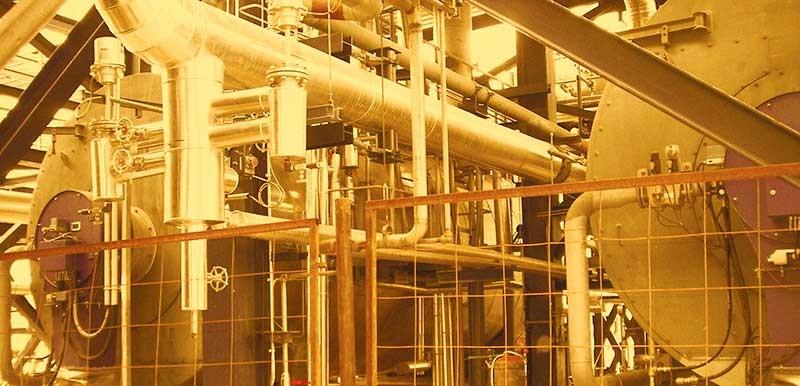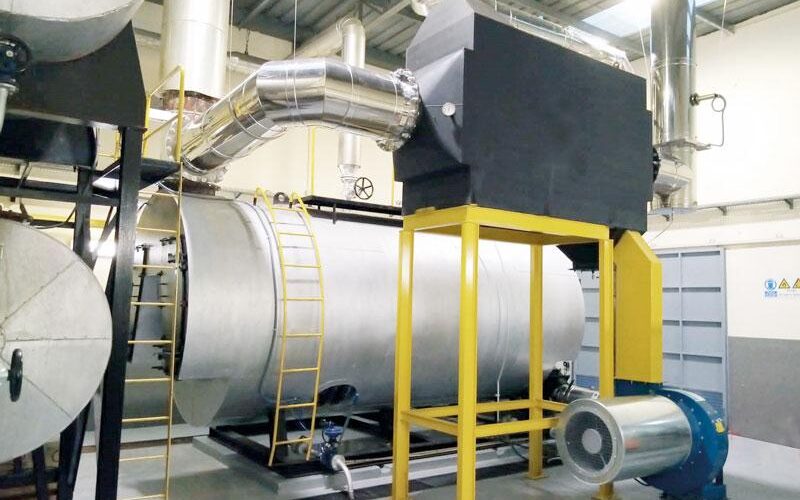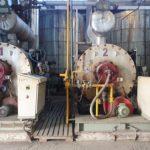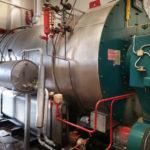Energy Efficiency in industry: sustainable energy saving and environmental protection
Energy efficiency in industry, Energy saving. World Energy Efficiency Day is commemorated on March 5 with the aim of raising public awareness of the pressing need to achieve energy savings through reasonable and sustained energy consumption, without giving up progress and comfort. Nowadays, it is clamorous that, in the face of the incessant escalation of energy prices and its scarcity, we cannot continue to waste energy.
Specifically, in our work area of industry and services, energy efficiency in industry is a strategic pillar of energy policy to improve the organization’s competitiveness, especially at this time. At the same time that it improves the performance of the production process, energy efficiency is aimed at mitigating the consequences of climate change, which has set itself the challenge of achieving the goal of zero polluting emissions. This implies the consequent decarbonization of industrial plants, heat facilities, etc.
We cannot forget that power generation, heat production and industrial processes account for 55% of all global greenhouse gas emissions, according to the Agencia Internacional de la Energía (IEA). In this framework, energy efficiency continues to be a profitable strategy to achieve energy savings without the need to increase energy consumption.
Process optimization and energy saving

At Reinva, we are committed to explaining our value proposition to define sustainable energy saving activities in thermal and combustion installations, whether they are steam installations, industrial boilers, burners and ovens, heat recuperators or thermal insulation, whether in industry , non-residential buildings, such as hospitals, hotels and shopping malls or district heating plants. The optimization of combustion, present in the generation of heat and/or movement, clearly represents an opportunity for energy savings.
Energy efficiency strategies in industry:
- Conversion and modification of fossil fuel facilities to adapt them to renewable and alternative fuels (biofuels, hydrogen, biomass, fuel mixtures)
- Replacement of obsolete combustion equipment with more efficient and innovative Low NOx technologies
- Carbon capture. Use of emission control technologies to reduce or eliminate emissions to the atmosphereaptura de carbono.
- Notable reduction in the use of fuels, through process optimization techniques and adequate maintenance of the facilities
- Detection and repair of leaks, through inspection and repair processes in oil and gas processes, refineries, cement, glass, steel, ceramics, production facilities or non-residential buildings, shopping centers..
- Recovery of residual heat from the production process for reuse in the plant. Residual heat is the surplus thermal energy that is generated in industrial plants and is not used in any process. The energy savings that this heat recovery entails in industry is increasingly relevant, especially in industries with intensive energy consumption, such as paper, steel, chemical and petrochemical, food and beverage, industrial machinery, etc.
Advantages of energy efficiency: Energy savings
From the point of view of the energy consumer in large industry, the main motivation for energy efficiency is often to save costs by directly reducing the expenses caused by the purchase of energy, which improves the competitiveness of the organization.
But in addition, energy efficiency has long been recognized for other additional benefits to this reduction in energy consumption. These multiple benefits of energy efficiency include social, health and strategic and sustainable values for the planet, such as reducing the impact of climate change, reducing air pollution and improving health and indoor conditions, improving energy security and reducing price risk for energy consumers. And it is that according to the IEA, energy efficiency in buildings, industrial processes and transport could reduce the world’s energy needs in 2050 by a third, and help control global emissions of greenhouse gases.








